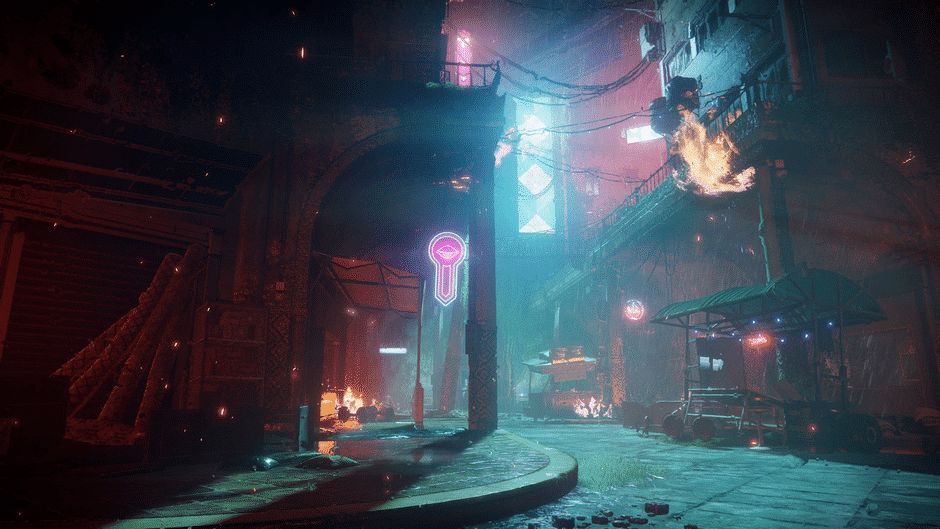Hyrule Warriors: Age of Imprisonment announced for Switch 2

In a shift from their past fluctuations, Dynasty Warriors: Origins, produced by Koei Tecmo Games, was warmly received upon its release in January. Although I haven’t had the chance to play this latest title myself, it suggests that the development team has recently struck gold, which could potentially elevate the upcoming Hyrule Warriors game as well.





